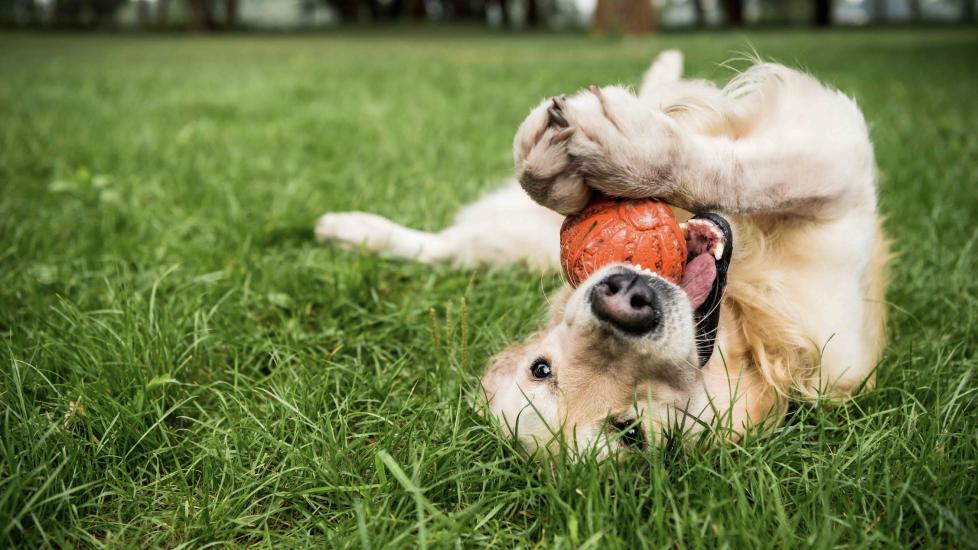 As a pet owner, you want to keep your furry friends healthy and flea-free without resorting to harsh chemicals. Natural flea repellents offer a safe and effective alternative that can be used both on pets and around the home. In this article, we’ll explore various methods to deter these pesky parasites naturally, ensuring a comfortable environment for both pets and their human companions.
As a pet owner, you want to keep your furry friends healthy and flea-free without resorting to harsh chemicals. Natural flea repellents offer a safe and effective alternative that can be used both on pets and around the home. In this article, we’ll explore various methods to deter these pesky parasites naturally, ensuring a comfortable environment for both pets and their human companions.
Pet Care Strategies:
1. Regular Baths with Herbal Shampoos: Many herbal shampoos contain essential oils like lavender, eucalyptus, or tea tree oil known for their insect-repelling properties. These shampoos are not only refreshing but also provide an additional layer of protection against fleas.
2. Apple Cider Vinegar: Adding apple cider vinegar (ACV) to your pet’s water bowl or using it as a spot treatment can help prevent fleas from biting. The strong scent of ACV is unpleasant to fleas, making them less likely to infest your pet.
3. Diatomaceous Earth: This natural powder contains sharp edges that damage the exoskeletons of insects when they come into contact with it. Sprinkle it lightly in areas where your pet spends time, such as carpets, bedding, and around the house. Just make sure to vacuum thoroughly after 24 hours to remove any traces.
Home Remedies:
1. Lemon Power: Mix lemon juice with water in a spray bottle and use it to treat surfaces and fabrics where fleas might hide. Not only does it have a pleasant aroma, but it also acts as a mild flea repellent.
2. Citronella Candles: Burn citronella candles outdoors to create a barrier against fleas. Citronella has been traditionally used in mosquito repellents due to its effectiveness at keeping pests away.
3. Scent Barriers: Use cedar chips, rosemary, mint, or other strongly scented herbs as barriers around the perimeter of your property. These fragrances confuse fleas and discourage them from entering your home.
Preventive Measures:
1. Regular Check-Ups: Frequently inspect your pet’s coat for signs of fleas and promptly address any issues before they spread. Combing through their hair with a fine-tooth comb can help catch early infestations.
2. Environmental Cleanliness: Regularly clean your pet’s bedding, brush their coats, and vacuum floors to eliminate potential flea habitats. Pay special attention to hard-to-reach places where fleas may thrive.
3. Limit Exposure: Keep your pet indoors if possible, especially during peak flea season. When going outside, avoid heavily wooded areas or parks where there may be a higher risk of exposure.
By incorporating these natural strategies into your daily routine, you can effectively protect your pets and home from fleas while minimizing the use of potentially harmful chemicals. Remember, prevention is key! Stay vigilant about maintaining a clean living space and regularly checking your pets for signs of infestation. With a little effort and creativity, you can ensure a happy, pest-free household for all members—human and animal alike.
